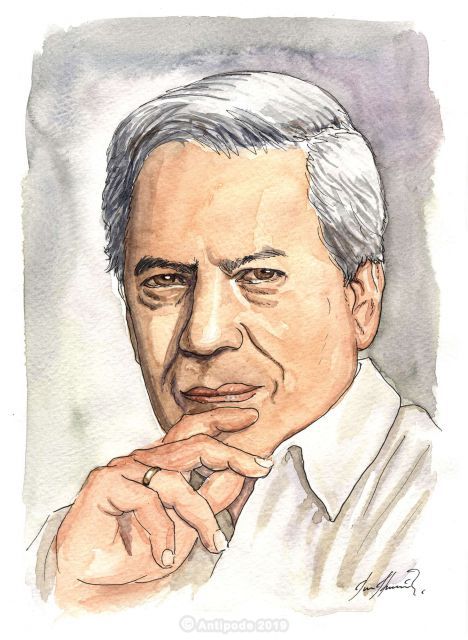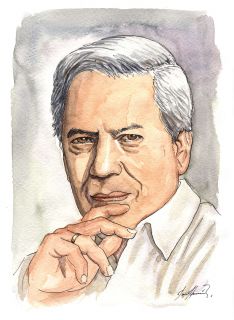

Who are the main Peruvian figures?
Peruvian literature
Peruvian literature is particularly rich and complex. From the Pre-Hispanic period, there only stand poems and oral histories, often in Quechuan language, but which tradition in rural communities still alive. The first written documents that came to us are from colonization, with Felipe Guaman Poma de Ayala’s chronicles, violent criticisms of Spanish and Christian domination. Roughly the same period, the Inca Garcilaso de la Vega, son of Spanish man and an Inca princess, is a little less aggressive in his social criticism and try, on the contrary, to make to exist both cultures in precious descriptions of the society he lived.
From the country independence, in the 20th century, a Romantic, Realist and Naturalist Movement cross all the country and some personalities are standing out like Ricardo Palma with his masterpiece “Traditions”. In the Public Library in Lima, or at the social fringe, two women, Clorinda Matto de Turner and Flora Tristan, a Franco-Peruvian woman which feminist writings still inspiring struggles to obtain gender equality.
The 20th century has been a prolific epoch of Peruvian letters. Cesar Vallejo is unquestionably the greatest Peruvian poet, they consider that he revolutionized Latin-American literature, as well as Pablo Neruda. He even lived for a while in France near to his wife, a French woman. The other important movement is Indigenismo, created in 1926 and demanding a liberation of the Indians from their conditions of social domination, misery and injustice. The sociologist and novelist José Maria Arguedas, born in the Andes, paint in a very realist manner life and sufferings of quechuan farmers in his novels Deep rivers and Every Blood, as well as its magic, cosmic and ritual universe. The other great figure of this movement is the author Ciro Alegria, in his masterpiece “Broad and Alien is the world”, he prepare a portrait of an indigenous community in his combat to cast them off the overpowering domination of big landowner, civil government and armed forces. He also were a very important political activist, which carried him out of the country and carried him out to exile.
More contemporary, literature is more abundant. Apart from authors like Alfredo Elchenique or Daniel Alarcon, literature has especially let it known internationally with the awarding of Literature Nobel Prize in 2010 to Mario Vargas Llosa, author of several novels like The time of the Hero, The dream of the Celt, Conversation in the Cathedral, etc. He was very involved in the political life of his home country, he wrote several political essays and, at this time, he even presented himself against former dictator Fujirmori, in 1990, during the first election. Journalist, essayist, novelist, author and theater critic, his opinions were highly influential in the intellectual and social life of Peru.



